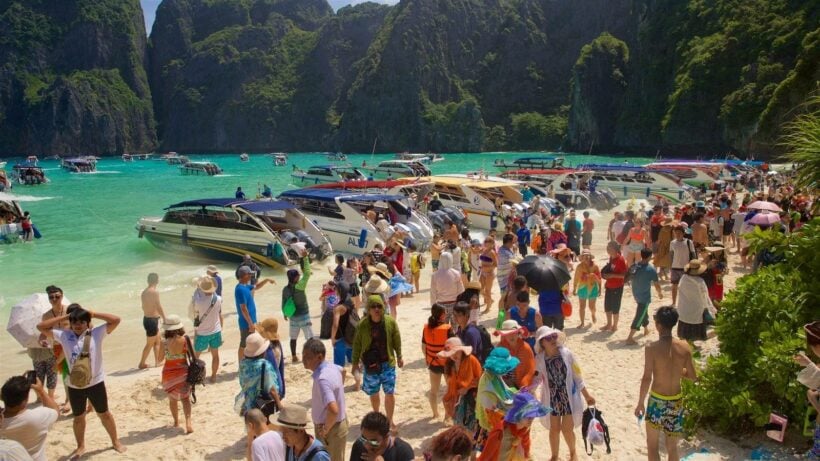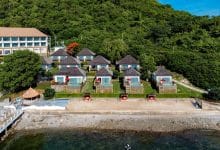Thailand makes another travel list: Fodor’s No List

Thailand boasted recently of its ranking on many travel lists, from being among the least corrupt countries in Asia to ranking one of the best locations for expats, and rating one of the safest countries to visit. The country has made the ranks by having some of the top-rated food and beaches in the world. But Thailand also received a nod this year that they might not be as quick to promote: Fodor’s No List for 2023.
The popular travel company puts out a list each year of countries, cities, and locations that people should reconsider travelling to for various reasons. The company considers tourism’s damage to a place’s culture and the environment, or a country’s record on human rights or corruption.
This year the list focused on areas that were affected by overcrowding by tourism that depletes resources, locations damaged by water crises, and areas of natural wonder that need time to heal from constant tourism. Fodor’s Travel observed while compiling this year’s list that 2022 saw 29 disasters causing more than a billion dollars of damage that were climate-related. And while tourism can bring much-needed revenue to an area, it can also significantly affect climate change.
In Thailand’s case, the effects of overcrowding by tourists to many popular natural attractions earned it a spot on the No List. Fodor’s list pointed to locations like Maya Bay which had become so popular after shooting to global fame, when featured in the Leonardo DiCaprio movie The Beach, that the impact on the environment was catastrophic. Up to 3,000 tourists per day arrived on boats and crowded the beaches.
The government stepped in and closed the whole bay in 2018 to allow nature to recover from the damage inflicted by humans. After three and a half years it reopened with plans to limit the number of tourists to 380 per hour. But after the Songkran holiday flooded the beaches once again, Maya Bay was closed throughout August and September to allow more recovery time.
In fact, the Ministry of Natural Resources and Environment was so heartened by the tangible recovery to the environment in Thailand’s 155 national parks when the tourists were gone during the Covid-19 pandemic, they instituted a rule that every park must close for at least one month each year to allow some natural rehabilitation.
The famous scuba diving island of Koh Tao also took action to try to counteract the harm done by tourist-driven overcrowding. A tourist fee was instituted to fund conservation efforts for the marine environment and biodiversity. Working with the Biodiversity Finance Initiative, a project of the United Nations Development Programme, Koh Tao’s mayor stated plainly the need for urgent action.
“If we don’t take care of our home and let it be ruined, who will want to visit us?”
Latest Thailand News
Follow The Thaiger on Google News:


























